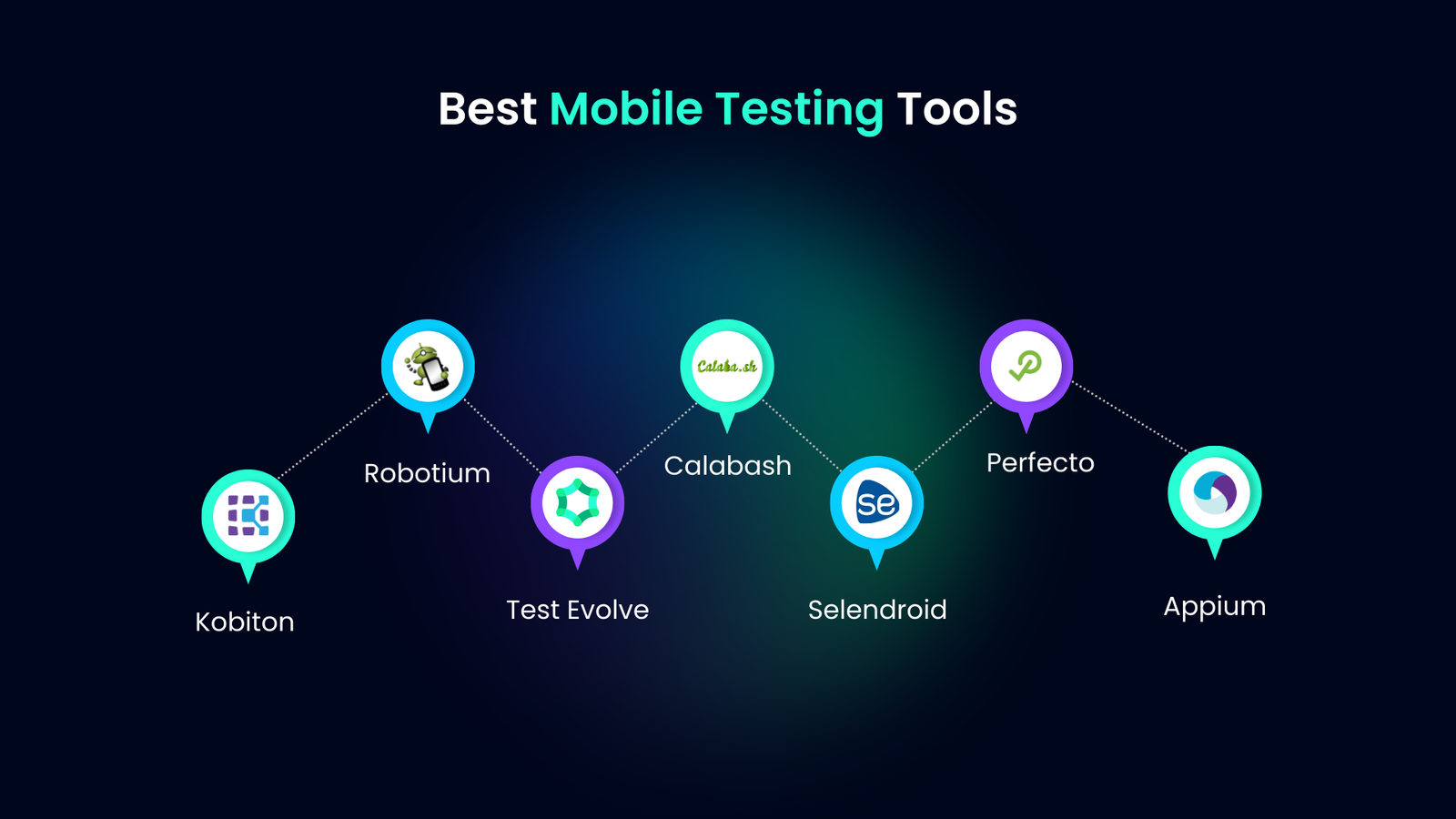The Best Tools for Testing Hybrid Mobile Apps

In the competitive world of mobile app development, ensuring the quality and performance of hybrid applications is paramount. At Mountain Techno System, we understand that rigorous testing is essential for delivering a seamless user experience. In this article, we’ll explore the best tools available for testing hybrid mobile apps, highlighting their unique features and benefits.
Hybrid mobile applications combine the best of both worlds—native and web technologies—making them a popular choice for developers seeking efficiency and reach. However, testing these apps effectively can be challenging due to their complex architectures. At Mountain Techno System, we emphasize the importance of using the right testing tools to ensure that hybrid apps perform flawlessly across different platforms.
1. Importance of Testing Hybrid Apps
- Performance Optimization: Ensuring that apps load quickly and run smoothly is crucial for user retention.
- Cross-Platform Compatibility: Hybrid apps need to work seamlessly on various devices and operating systems, making thorough testing essential.
- User Experience: Comprehensive testing helps identify and resolve issues that could hinder user engagement.
2. Key Features to Look for in Testing Tools
- Cross-Platform Support: Tools should support multiple platforms (iOS, Android, web) to streamline the testing process.
- Automated Testing Capabilities: Automation can save time and resources, allowing for frequent testing cycles.
- Real Device Testing: The ability to test on real devices ensures that apps perform well in real-world scenarios.
- User Interface Testing: Tools should help validate the UI to ensure it meets design specifications and provides a consistent user experience.
3. Top Tools for Testing Hybrid Mobile Apps
- Appium: An open-source tool that supports automated testing for hybrid apps across multiple platforms. It allows for writing tests in various programming languages and integrates well with CI/CD pipelines.
- Selenium: Widely used for web applications, Selenium can also be adapted for hybrid app testing, particularly for the web components of hybrid apps. It offers flexibility and a large community for support.
- TestComplete: A comprehensive testing tool that supports automated testing for hybrid mobile applications. It features a user-friendly interface and allows for scripting in multiple languages.
- Katalon Studio: This tool supports both web and hybrid app testing, offering a wide range of features including API testing, mobile testing, and continuous integration support.
- Apache Cordova: While primarily a framework for building hybrid apps, Cordova provides testing capabilities that allow developers to run unit tests and UI tests effectively.
- Firebase Test Lab: A cloud-based testing infrastructure that enables testing on a wide range of devices. It provides insights into app performance and issues, making it easier to optimize applications.
4. Best Practices for Testing Hybrid Apps
- Create a Testing Strategy: Define clear testing goals, including functional, performance, and security testing.
- Use Continuous Integration: Implement CI/CD practices to run automated tests regularly, catching issues early in the development cycle.
- Gather User Feedback: Conduct beta testing with real users to identify usability issues and gather insights on app performance.
In summary, the right testing tools are crucial for the success of hybrid mobile applications. At Mountain Techno System, we advocate for a robust testing strategy that leverages the best tools in the industry to ensure high-quality app delivery. By adopting effective testing practices, businesses can enhance user satisfaction, improve performance, and stay ahead in the competitive mobile landscape.














